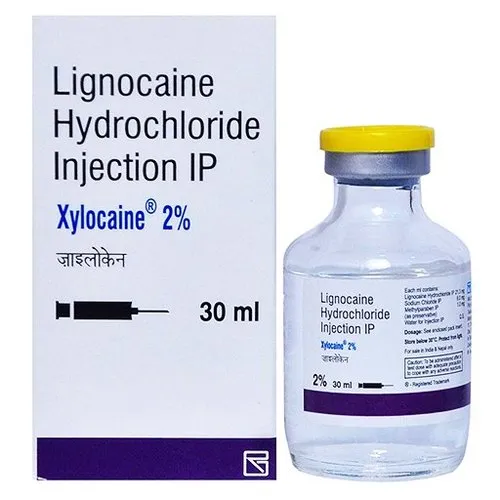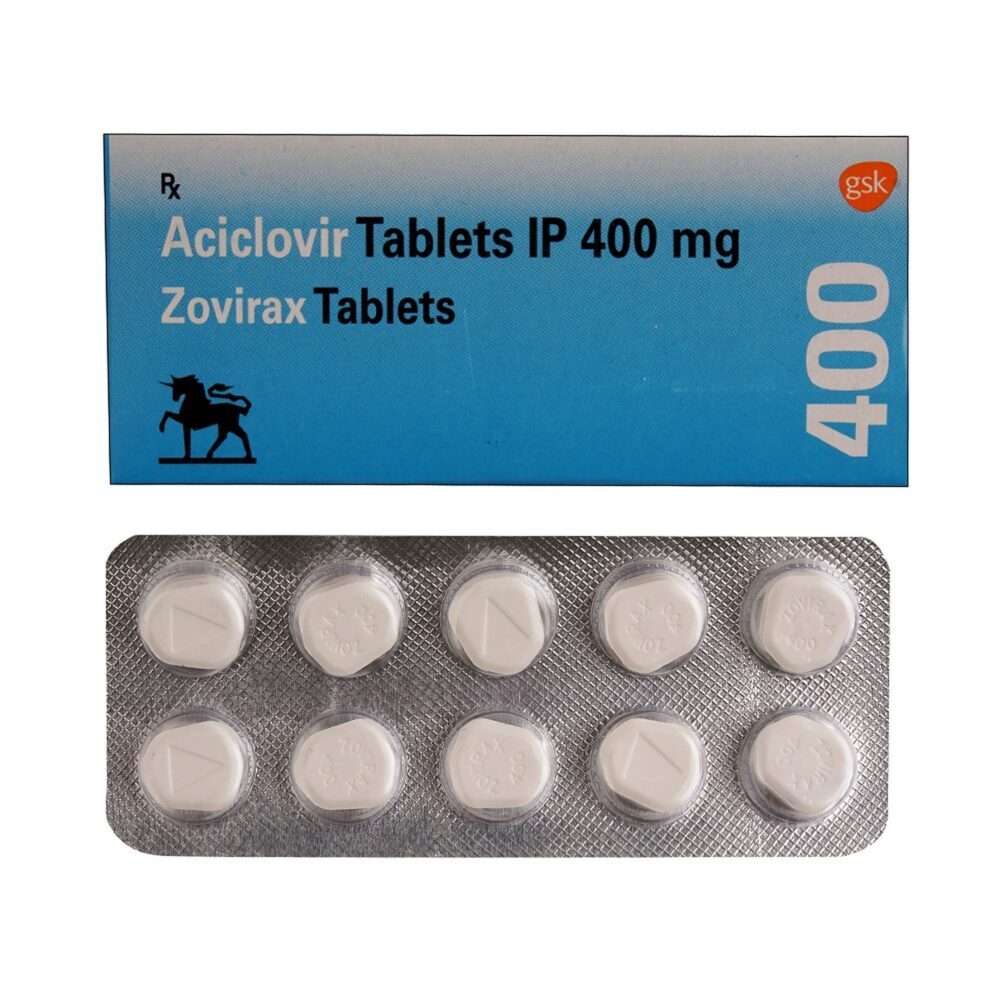Description
Xylocaine 2% Injection: Local Anesthetic for Minor Surgical Procedures
Overview: Xylocaine 2% Injection is a local anesthetic containing lidocaine hydrochloride. It is widely used to provide localized numbness or anesthesia during minor surgical procedures.
Active Ingredient:
- Lidocaine Hydrochloride: The active ingredient in Xylocaine 2% Injection, lidocaine hydrochloride, blocks nerve signals in the body to reduce pain sensation.
Uses:
- Dental Procedures: Provides numbness for various dental treatments, such as fillings, extractions, and periodontal work.
- Oral Procedures: Used to numb areas in the mouth for minor surgeries or diagnostic procedures.
- Diagnostic Procedures: Applied to numb the area for procedures like biopsies or other minor diagnostic interventions.
- Therapeutic Procedures: Suitable for minor surgical procedures requiring localized anesthesia to ensure patient comfort and pain control.
Administration:
- Injection Form: Xylocaine 2% is administered via injection directly into the area requiring anesthesia.
- Dosage: The dosage and method of administration are determined by the healthcare provider based on the specific procedure and patient needs.
How It Works:
- Nerve Signal Blocking: Lidocaine hydrochloride works by blocking the sodium channels in the nerve cells, preventing the transmission of pain signals to the brain.
Benefits:
- Rapid Onset: Provides quick numbing effect, allowing for immediate commencement of procedures.
- Effective Pain Control: Ensures patient comfort by effectively controlling pain in the localized area.
- Versatile Application: Suitable for a variety of minor surgical and diagnostic procedures.




